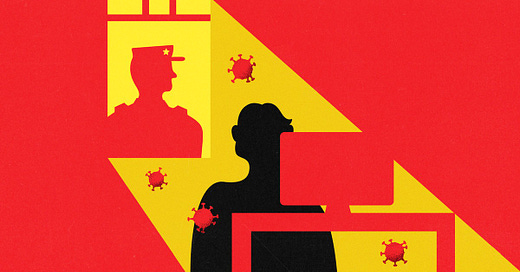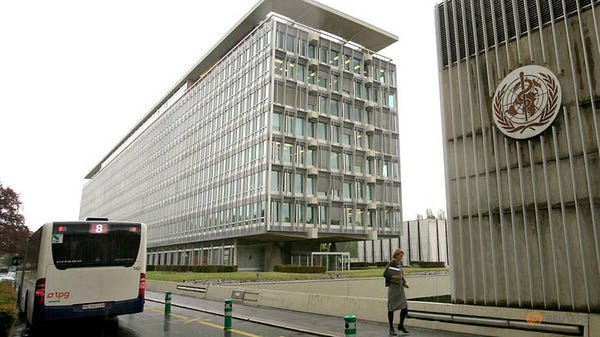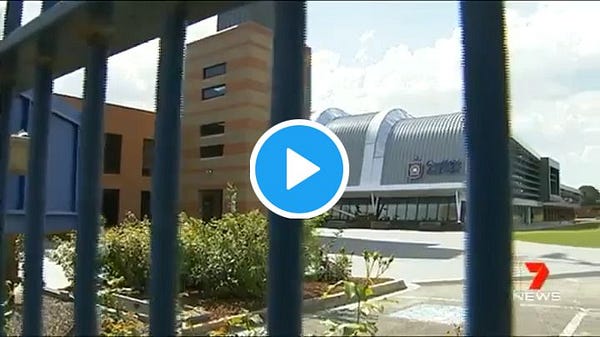The China Letter: February 27, 2020
China’s media enemies
VICE compiled a review of reported incidents of China probing social media for posts about the outbreak of COVID-19, and then tracking down dissenters. Expert observers note how more of it came after president Xi Jinping’s first public comments on the coronavirus on January 20. The effects have seemingly spread to news outlets:


“China is the real sick man of Asia” was the headline on a Wall Street Journal opinion piece by Bard College professor Walter Russell Mead. Attention to the February 3 critique led to three WSJ reporters getting expelled by Beijing, even though the work wasn’t theirs. Dozens of colleagues are now asking the newspaper to apologize.
COVID-19 by numbers
The update from the last Wednesday in February finds 81,000 people infected globally by the coronavirus, and over 2,700 deaths, mostly in China’s central province of Hubei. With more COVID-19 cases now being diagnosed outside China than in, there’s curiosity about why the World Health Organization hasn’t declared a pandemic:
A bookseller is sentenced

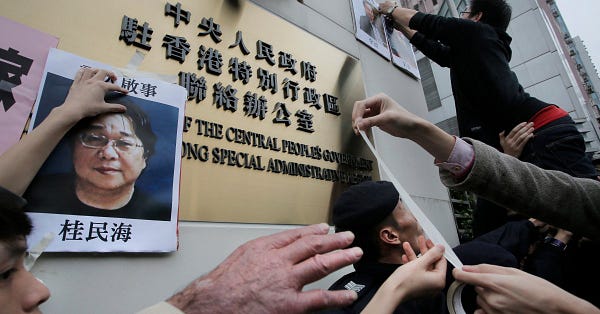
Getting caught selling books critical of China’s government via Hong Kong led Gui Minhai to be jailed for 10 years on charges of illegally providing intelligence to foreigners. But because he’s a citizen of Sweden, that country is demanding his release,
A clock ticks for TikTok
Employees of the Transportation Security Administration in the U.S. are no longer allowed to use TikTok after security concerns over the China-owned social network were raised by New York senator Chuck Schumer. The TSA was trying to ride the trend of law enforcement agencies using the video app to show the lighter side of their routines:
TikTok use has also been restricted or banned by branches of the U.S. military.
Huawei worry heightens
Political debate over the Chinese tech giant includes former Brexit secretary Andrew Marr calling Boris Johnson’s deal with Huawei the “worst intelligence decision since MI6’s recruitment of Kim Philby.” The war of words also continues at the White House: an anonymous Trump administration official predicts it spying on the British parliament.


A blockbuster from the National Post explored the theory that Huawei conspired to bring down Canadian telecom giant Nortel. (The feature is also discussed in a video.)
Stopped shots from HK


Political sensitivity was the reason cited for the removal of Hong Kong protest photos from the 2020 Sony World Photography Awards website, even though organizers claim that they remain in competition. Sony also came up in another recent story from China—regarding an ad that claimes its cameras are too complex for women to use:

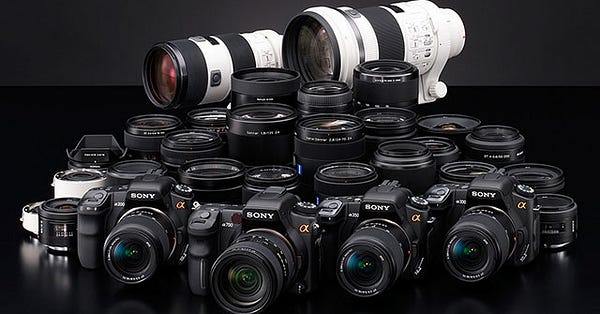
The last words, for now
Melbourne, Australia, school Caulfield Grammar reportedly decided against naming its aquatic centre after Mack Horton, the Olympic swimmer who attended there. But the school also has a campus in China, home of Horton’s famous rival, Sun Yang. After word of it shelving the name for that reason, the school denied making any decisions:

